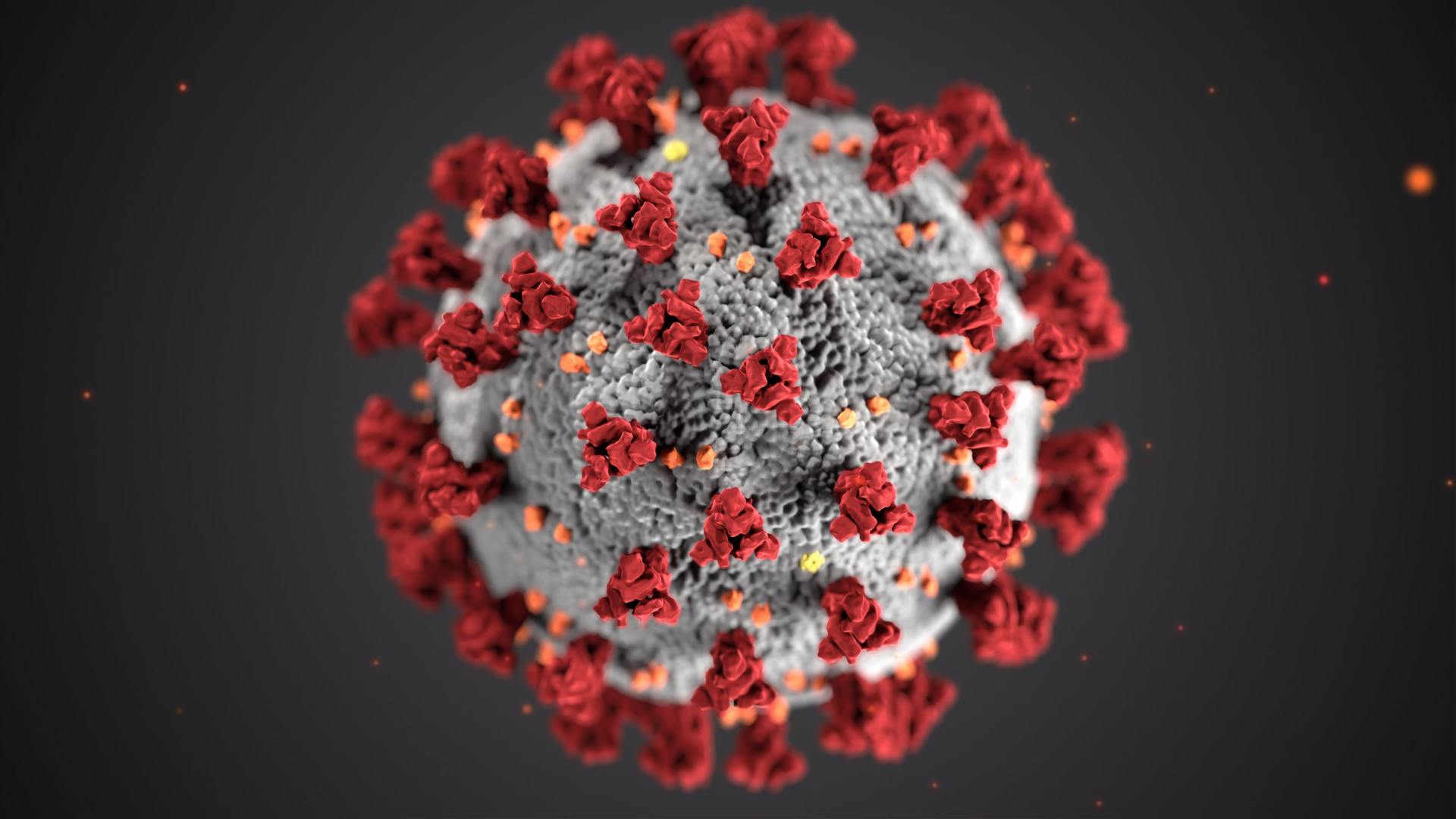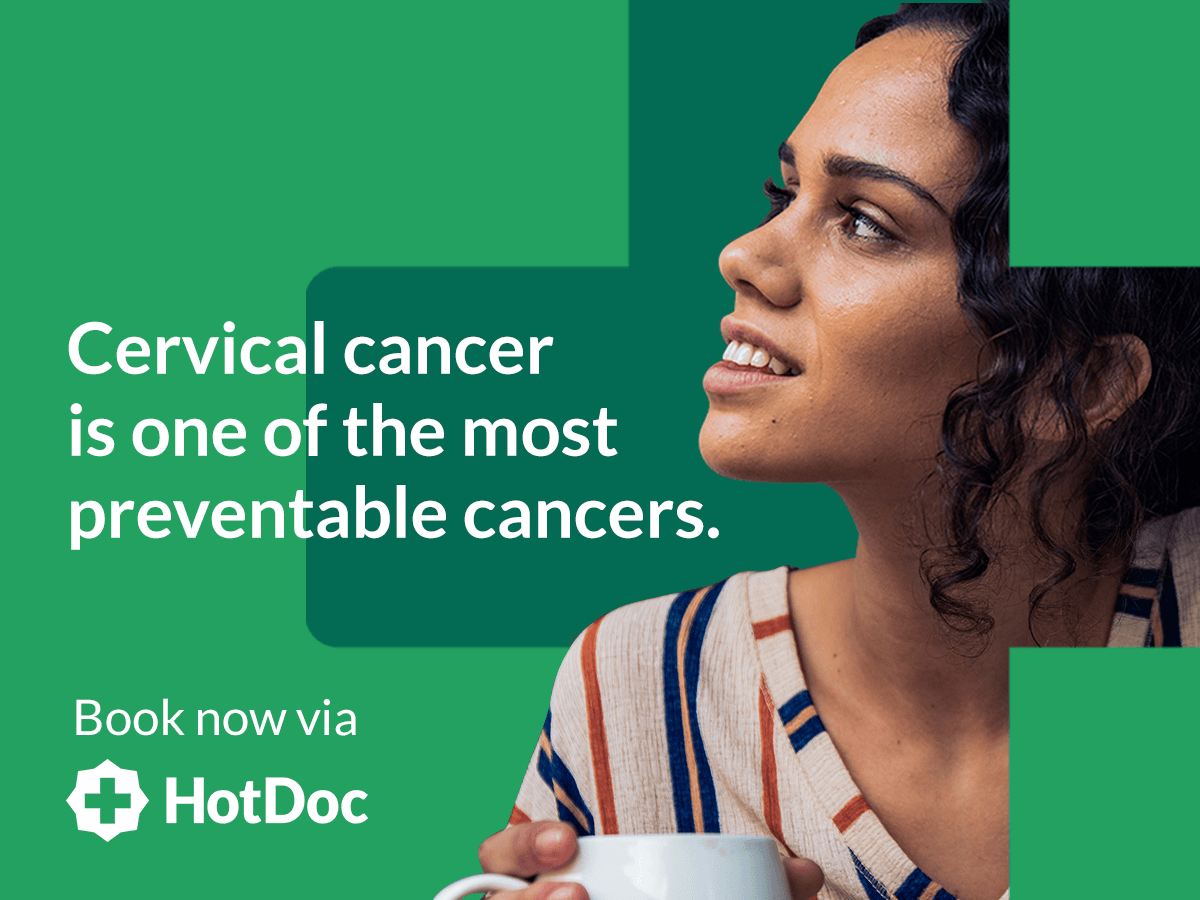News & Updates

By Holistic IT
•
05 May, 2020
Winter can be a hard time for those with skin conditions. Ailments related to dry skin, like eczema and psoriasis, often flare at this time of year. The low outside temperatures and low humidity can be drying to exposed skin, and the increased time spent in winter clothing and in heated indoor environments can make covered skin hot and itchy. Eczema is a problem of excess fluid loss through the skin. This makes the skin prone to becoming very dry and itchy, which can lead to scratching and possibly infection. The skin feels rough, and can look red and irritated or dry and thickened. Eczema is common in all age groups but particularly in infants and children. There are several measures you can take to reduce the risk of an eczema flare over the winter months. These strategies aim to reduce the skin’s dryness and heat, and to minimise irritation which can cause itch. Moisturiser is the cornerstone of eczema management, and it should be applied liberally to any affected skin. Use of non-soap bath oils can also be very effective at improving skin hydration. It is important to avoid overheating skin in the winter. This tends to happen particularly overnight if the bed clothes are too heavy or if too much night clothing is worn. It is best to avoid heaters in bedrooms if possible, as well as trying to avoid very hot baths or showers. Hot skin tends to become itchy and uncomfortable, and this can have a significant effect on the quality of sleep as well as causing eczema flares. The third component of eczema management is avoiding irritants. These can include scratchy fabrics or tags on clothing, as well as soaps, bubble baths, laundry detergents, sand (eg in sand pits) or sitting or lying on woollen carpets. Eczema can have a big impact on the quality of life of the sufferer and those around them. It causes great discomfort, and the sleep disturbance due to night-time itch can cause deterioration in behaviour and can impair concentration and learning. Eczema is, however, a completely treatable condition, and if the above measures are not sufficient to control symptoms, you should see your GP to discuss the many options available for further management.

By Holistic IT
•
05 May, 2020
Hay fever, also known as allergic rhinitis, affects almost 1 in 5 people. It is caused by environmental allergens that come into contact with the nose or eyes. The most common allergens are pollens, dust mites, moulds and animal hair. Symptoms include a runny nose, itchy nose, sneezing, itchy/watery eyes and snoring. Hay fever symptoms can be mild, but many sufferers experience more severe symptoms that can affect their day to day functioning. Severe hay fever can lead to more frequent sinus infections and affect sleep quality, causing fatigue. Hay fever also affects children and in severe cases can impair learning and performance. Thankfully there are now many effective treatments available to help manage symptoms. Oral antihistamines are commonly used, but many find these don’t have a significant effect on their symptoms, particularly nasal blockage or dripping and eye symptoms. Steroid nasal sprays may be more effective for nasal symptoms. They have a potent anti-inflammatory effect, but are slow acting and need to be used regularly, like an asthma preventer. Eye symptoms are best targeted with eye drops and there are good options available both over the counter and on prescription. Natural products, such as salt water sprays or washes, can also provide symptom relief. If symptoms are frequent and affecting day to day functioning, talk to your GP about allergy testing. Identifying a trigger is helpful for allergen avoidance or minimisation. It may also be worth considering a referral to an allergist for allergen immunotherapy, also known as desensitisation, to switch off the allergic reaction and reduce the need for regular medications.

By Holistic IT
•
05 May, 2020
ALL patients with cold or flu like symptoms will be offered a phone consultation with a doctor instead of a face to face consultation. Medicare will cover the cost of your phone consultation if you’re: at least 70 years old; at least 50 years old or over and is of Aboriginal or Torres Strait Islander descent; pregnant; a parent of a child under 12 months old; a person under treatment for chronic health conditions or who are immune compromised; a person who has been diagnosed with the virus but is not a patient of a hospital OR has been required to isolate themselves in quarantine in accordance with home isolate guidance issued by Australian Health Protection Principal Committee. Private fees apply for non-medicare eligible patients. For more information, please call reception on (03) 9814 9999.

By Nathan Grech
•
21 Apr, 2020
Telehealth or Phone Consultations Available: Book now, just call our reception and ask for an appointment time. The doctor will then contact you at the designated appointment time and make the normal consult notes in your clinical file. You are still welcome to attend at the clinic for normal appointments, we will take care of you and keep you protected. Flu Vaccine Sessions Now Taking Bookings: Free flu vaccine now available for all patients 65 years and over OR if you have a chronic disease. EG (Asthma, Diabetes, Heart Disease, etc). Call us on 03 9814 9999 and book for your appointment. Flu Vaccine for Private patients available for $15, your consult is bulk billed. Make sure to protect yourself and your family this flu season! Waverley Medical Centre offer vaccines at a reduced price of $15 allowing all family members to have the vaccine done.
© 2024
All Rights Reserved | Waverley Medical Centre


